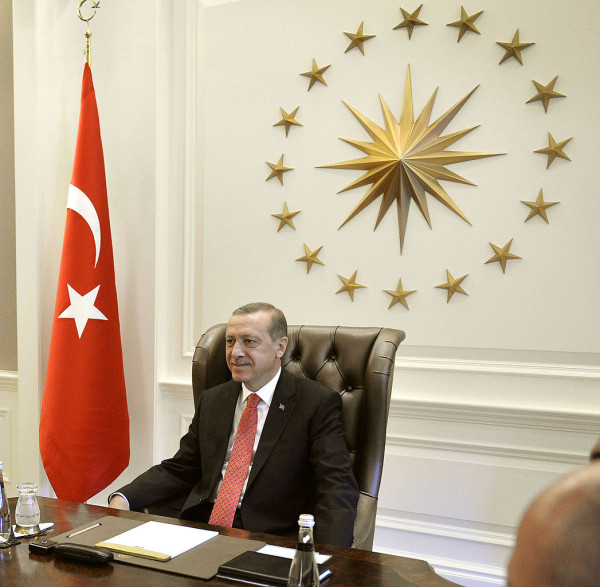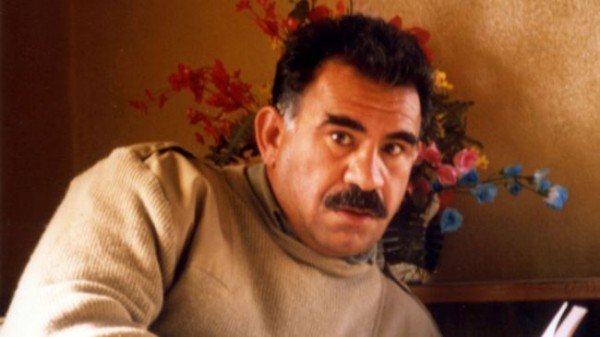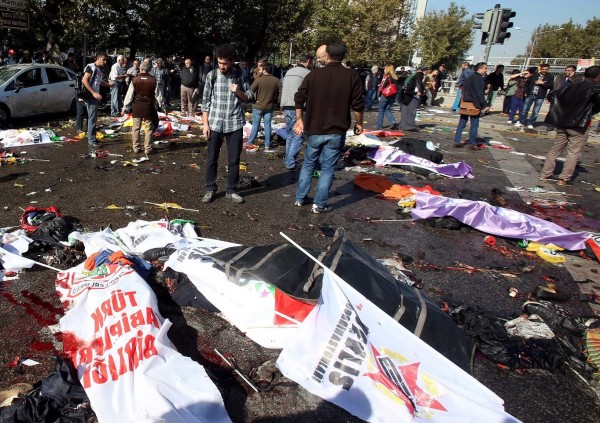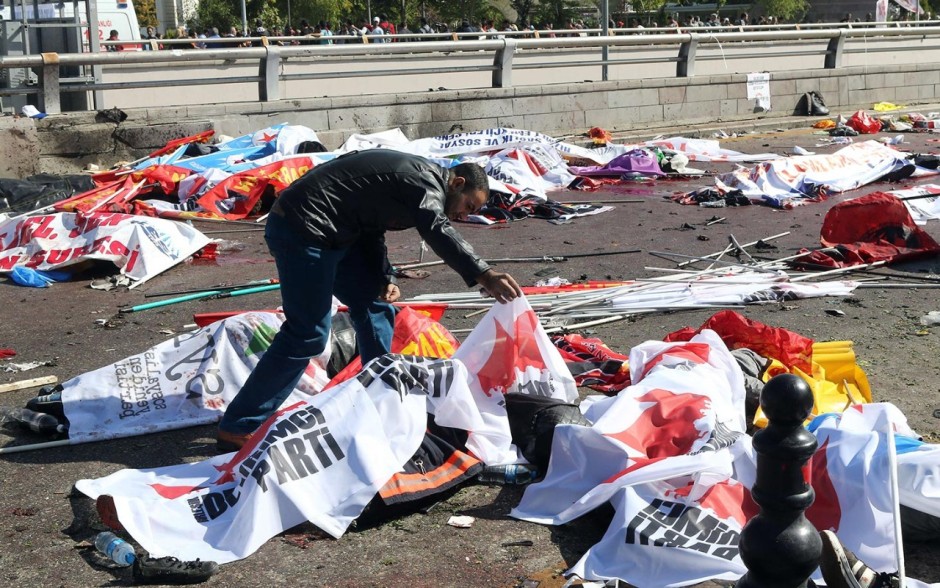In parliamentary elections held in Turkey last June 7, the pro-Kurdish Peoples’ Democratic Party (HDP) received nearly 13 percent of the popular vote, giving it 80 seats in the 550-member National Assembly.
It marked the first time that a primarily Kurdish party had cleared the 10 percent electoral threshold to enter parliament.
Indeed, the HDP’s electoral success is the main reason that the ruling Justice and Development Party (AKP) was unable to retain its parliamentary majority. Not since 2002, when it first came to power, has the AKP failed to win an outright majority.

This enraged Turkish President Recep Tayyip Erdogan and provoked angry post-election rhetoric against Kurdish nationalists, because Erdogan wants to transform Turkey’s parliamentary system of government into a presidential regime, which would boost his power enormously.
As a result, another parliamentary election is scheduled for November 1, giving Erdogan a second shot at becoming the dominant figure in Turkey. He wants the AKP to regain its previous majority, to enable parliament to amend the constitution and make his position more dominant.
As well, although the HDP has supported a peace process by the government with Kurdish rebels that began in 2013, it has been accused of maintaining links with militant organizations, most notably the outlawed Kurdistan Workers’ Party (PKK). The HDP was involved in negotiations with both the government and imprisoned PKK leader Abdullah Ocalan.

Ergogan is unlikely to accept HDP demands for a devolution of powers to regional governments or any other decentralization program that strengthens the territorial autonomy of Kurdish areas. Nor will he agree to Ocalan’s proposal for “democratic confederalism,” a form of local government to be exercised by citizens alongside state institutions.
Meanwhile, a cycle of violence has gripped Turkey since mid-July, signaling the end of the fragile ceasefire observed by the PKK and the Turkish military since 2012. Over 100 soldiers and police, and hundreds of PKK fighters, have been killed, along with dozens of civilians.
Erdogan has launched military assaults on the militants’ hideouts in southeastern Turkey and in Iraqi Kurdistan.

On October 10, two explosions hit a peace rally in Ankara calling for an end to the renewed conflict between the PKK and the Turkish government. Almost 100 people were killed, and more than 240 were injured.
Among those taking part in the rally were members of the HDP. The party has accused the government of escalating violence to try to push the party below the 10 percent electoral threshold in the forthcoming election.
Prime Minister Ahmet Davutoglu, on the other hand, has blamed the attack on both the Islamic State (ISIS) and the PKK. But some analysts are skeptical about claims of Kurdish rebel involvement because many Kurdish activists attended Saturday’s rally, and some were among the dead and injured. As well, ISIS and Kurdish fighters are battling each other across the border in Syria.
In any case, the Turkish government will eventually have to address the demands of its large Kurdish minority, including assigning greater powers to the Kurdish-majority regions in the southeast.
Henry Srebrnik is a professor of political science at the University of Prince Edward Island.

